In order to access Africa's huge mineral reserves, the US and China are constantly investing in infrastructure, especially railways, on the continent.
 |
| The US is competing with China for dominance in Africa through a transcontinental railway called the Lobito Corridor. (Source: Ivanhoe) |
Over the past two decades, Angola's post-war reconstruction has benefited greatly from China, including in areas ranging from railways, highways, ports and hydroelectric dams.
China's "shadow" in this southern African country became clear in 2002 after the country ended a 27-year civil war that devastated its infrastructure and economy, and then-Angola President Jose Eduardo dos Santos opened his doors to Beijing investors.
US speeds up with Lobito Corridor
However, the US is now competing with China for position in Africa through a transcontinental railway called the Lobito Corridor, which runs from the Atlantic coast of Angola through the Democratic Republic of Congo and Zambia east to the Indian Ocean.
According to the International Monetary Fund (IMF), sub-Saharan Africa is estimated to hold 30% of the world's major mineral reserves.
Austin Strange, Associate Professor of Politics and Public Administration at the University of Hong Kong, said the US is increasingly wary of China’s potential to dominate markets in developing countries such as the Democratic Republic of Congo. “The reconstruction of the Lobito Corridor could improve access to critical minerals for the US and Europe,” Strange said.
The United States and the European Union (EU) are investing billions of dollars to upgrade the Lobito Corridor. Notably, the project will upgrade the existing 1,344-km Benguela line (through the Democratic Republic of Congo) and build a new 800-km line (through northwestern Zambia). The US International Development Finance Corporation (DFC) has provided an initial $250 million to upgrade parts of the Benguela line in the Democratic Republic of Congo.
The investment in the Lobito Corridor is part of the $600 billion Global Partnership for Infrastructure and Investment (PGII) initiative spearheaded by the US and the G7 countries as a counterweight to China's Belt and Road Initiative (BRI), which aims to link economies along the route into a trade network.
The US State Department said in October that in less than 18 months since President Joe Biden’s pledge, the US has announced more than $3 billion in funding for Angola, the Democratic Republic of Congo and Zambia. The US and the EU also aim to secure critical mineral supply chains in Angola, Zambia, Tanzania and the Democratic Republic of Congo, the world’s largest supplier of cobalt. Most of the cobalt is currently exported to China, a leader in electric vehicles (EVs) and green energy.
President Joe Biden has planned to visit Luanda, Angola, in the first week of December. This will be Biden's first trip to Africa since taking office in 2021.
Professor Carlos Lopes at the Nelson Mandela School of Public Administration at the University of Cape Town (South Africa) assessed that China has a significant advantage in ensuring access to important resources and the US is eager to strengthen its position in this region.
According to Professor Lopes, “the focus on the Lobito Corridor highlights the US effort to promote infrastructure and trade routes, thereby reducing China's logistics dominance.”
Mr. Ronak Gopaldas, Director of risk consulting firm Signal Risk, commented that Mr. Joe Biden visited Angola in the context of fierce geopolitical competition in Africa.
Tanzania recently signed an agreement with the United States to allow the expansion of the Lobito Corridor to the East African country’s nickel mines. The pact would give the United States expanded access to vital minerals and potentially create a trans-African corridor – Africa’s first East-West railway link.
In addition, TechMet, which has the US International Development Finance Corporation (DFC) as a major shareholder, has partnered with Lifezone Metals in Tanzania to build a new nickel processing facility, with the goal of supplying nickel batteries to the global market by 2026.
The move comes as trade tensions flare between China and the West over the risks of overcapacity in China's electric vehicle industry - leading to the US and EU imposing high tariffs on electric vehicles imported from China.
According to former Liberian Public Works Minister W. Gyude Moore, the US and EU have bet heavily on the Lobito Corridor as an alternative to Chinese infrastructure financing.
“The Lobito Corridor is about connecting a mineral-rich part of the continent to global supply chains via rail and ports. It is a demonstration that the West is not giving up infrastructure finance to China,” said Mr. Moore.
Need to put the interests of the African community first
China is expected to retain its influence in Africa. China has invested a significant amount of money in upgrading sections of the Benguela Railway.
In addition, Chinese conglomerate China Communications Construction, which also has a stake in a consortium comprising Trafigura, Mota-Engil and Vecturis, has won a 30-year concession contract for rail and logistics services in 2022.
According to Associate Professor Dominik Kopinski at the Institute of Economics at the University of Wroclaw (Poland), China Communications Construction Group held a 32.4% stake in Mota-Engil earlier this year. Meanwhile, China Civil Engineering Construction also has a stake in the Tanzania-Zambia Railway (commonly known as Tazara, which connects Zambia’s Copperbelt region to the port of Dar es Salaam).
In September, the country pledged $1 billion to rehabilitate the Tanzania-Zambia railway. China Civil Engineering Construction will rehabilitate the railway, which was built in the 1970s and remains China’s largest foreign aid project ever in Africa.
The Chinese side will then operate the railway for 30 years to make a profit and recover its investment before transferring it to the Tanzanian and Zambian governments.
Notably, the Tazara could intersect with the Lobito railway and create a transcontinental corridor.
According to Sun Yun, director of the China program at the Stimson Center think tank in Washington, the US has interests in development projects in Africa and choosing this time to increase its presence will benefit African countries themselves. This expert commented: "US-China competition is healthy competition because it provides Africa with options and forces major powers to behave better."
However, analysts say it would make economic sense for the Chinese-backed Tazara railway to link up with the Lobito railway instead of building a completely new railway to the port of Dar es Salaam.
Over the past 120 years, companies from Western and non-Western countries, including China, have invested to maintain and improve the railways in the Lobito Corridor.
“There is basically no factual basis to claim that the Lobito railway corridor is a Western project. If the Lobito Corridor and the Tazara railway can be connected, there can be a real transoceanic railway for that part of Africa. The countries involved in railway projects should serve the interests of the African community first, which is a reasonable and truly sustainable approach from a socio-political perspective,” argued Mr. Tra Dao Huynh, professor of international studies at Peking University.
According to Associate Professor Strange of the University of Hong Kong, the element of great power competition obscures the more pressing challenges of identifying, financing and implementing profitable infrastructure projects. “There is a lot of room for China, the US and other foreign public and private stakeholders to invest, compete and learn from each other,” said Strange.
According to data from the Center for Global Development Policy at Boston University (USA), in the period 2002-2023, Angola alone received 46 billion USD, equivalent to 1/4 of the total 182.3 billion USD that Chinese lenders advanced to African countries.
Source: https://baoquocte.vn/my-trung-chay-dua-ngoai-giao-duong-sat-tim-duong-toi-mo-khoang-san-chau-phi-293691.html


![[Photo] General Secretary concludes visit to Azerbaijan, departs for visit to Russian Federation](https://vphoto.vietnam.vn/thumb/1200x675/vietnam/resource/IMAGE/2025/5/8/7a135ad280314b66917ad278ce0e26fa)
![[Photo] National Assembly Chairman Tran Thanh Man chairs the meeting of the Subcommittee on Documents of the First National Assembly Party Congress](https://vphoto.vietnam.vn/thumb/1200x675/vietnam/resource/IMAGE/2025/5/8/72b19a73d94a4affab411fd8c87f4f8d)
![[Photo] Prime Minister Pham Minh Chinh meets with the Policy Advisory Council on Private Economic Development](https://vphoto.vietnam.vn/thumb/1200x675/vietnam/resource/IMAGE/2025/5/8/387da60b85cc489ab2aed8442fc3b14a)
![[Photo] President Luong Cuong presents the decision to appoint Deputy Head of the Office of the President](https://vphoto.vietnam.vn/thumb/1200x675/vietnam/resource/IMAGE/2025/5/8/501f8ee192f3476ab9f7579c57b423ad)
![[Photo] General Secretary To Lam begins official visit to Russia and attends the 80th Anniversary of Victory over Fascism](https://vphoto.vietnam.vn/thumb/1200x675/vietnam/resource/IMAGE/2025/5/8/5d2566d7f67d4a1e9b88bc677831ec9d)

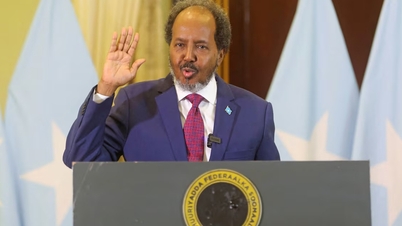











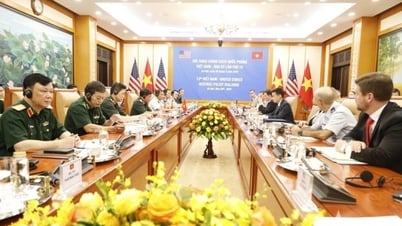

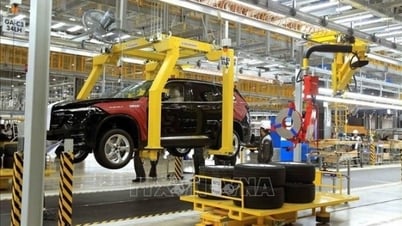
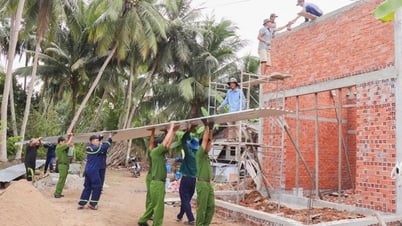
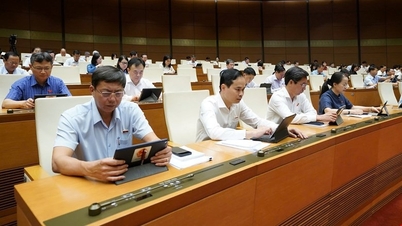
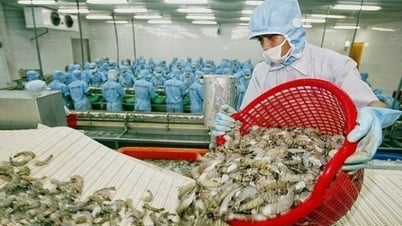




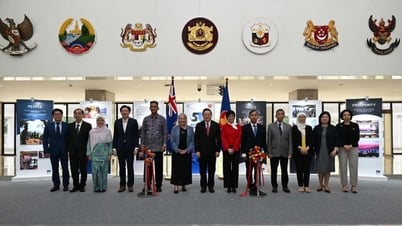
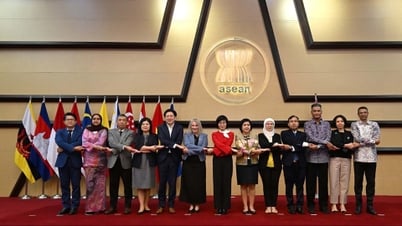
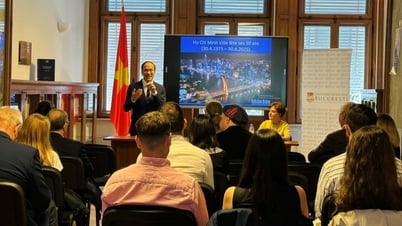
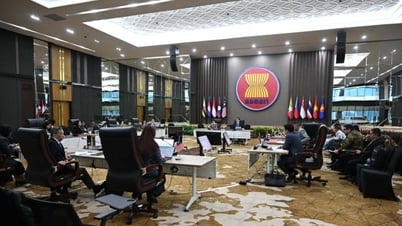

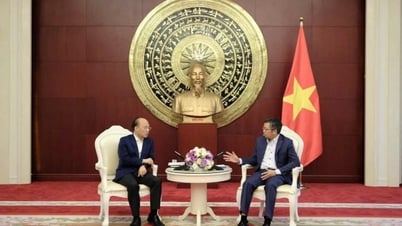






























![[Photo] Prime Minister Pham Minh Chinh talks on the phone with Singaporean Prime Minister Lawrence Wong](https://vphoto.vietnam.vn/thumb/402x226/vietnam/resource/IMAGE/2025/5/8/e2eab082d9bc4fc4a360b28fa0ab94de)











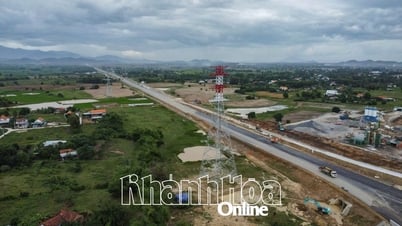


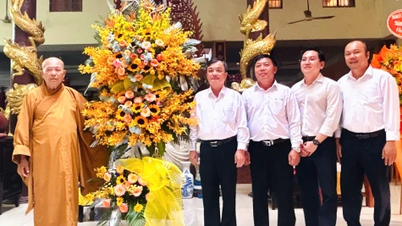





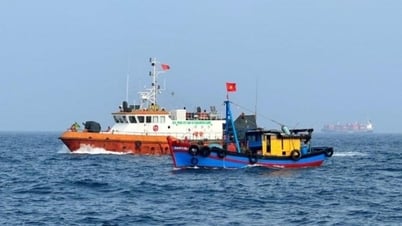











Comment (0)